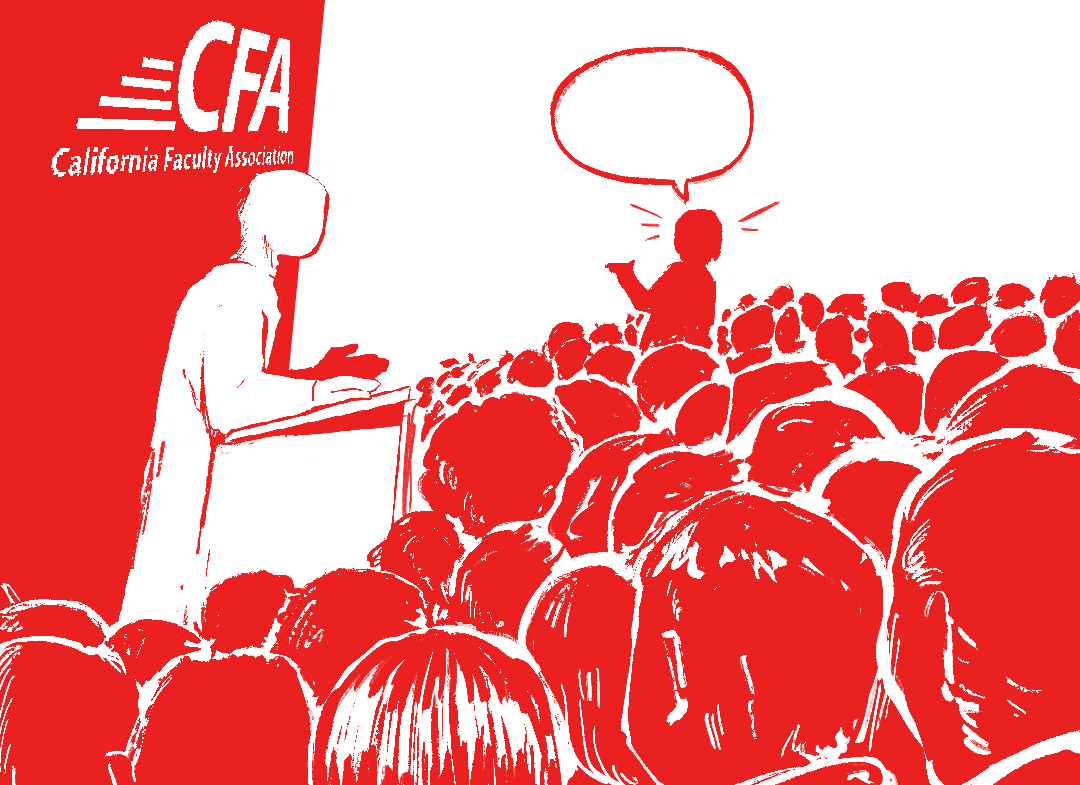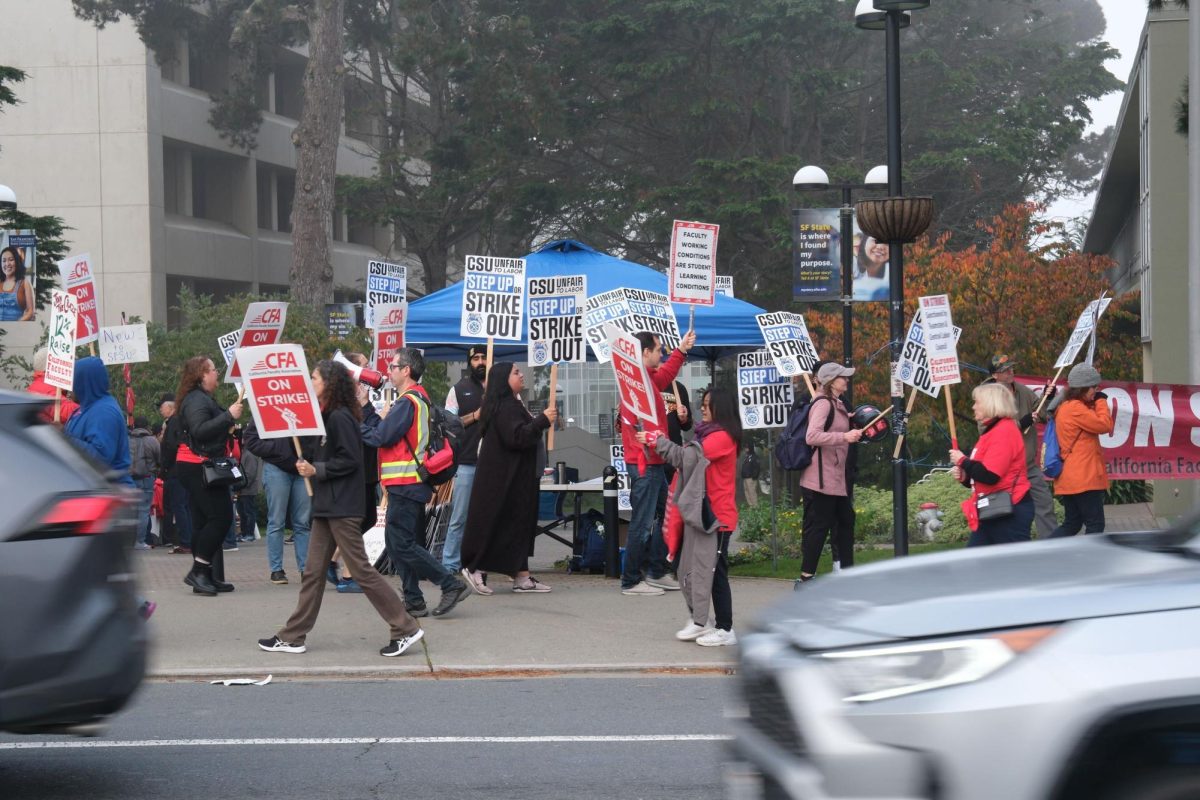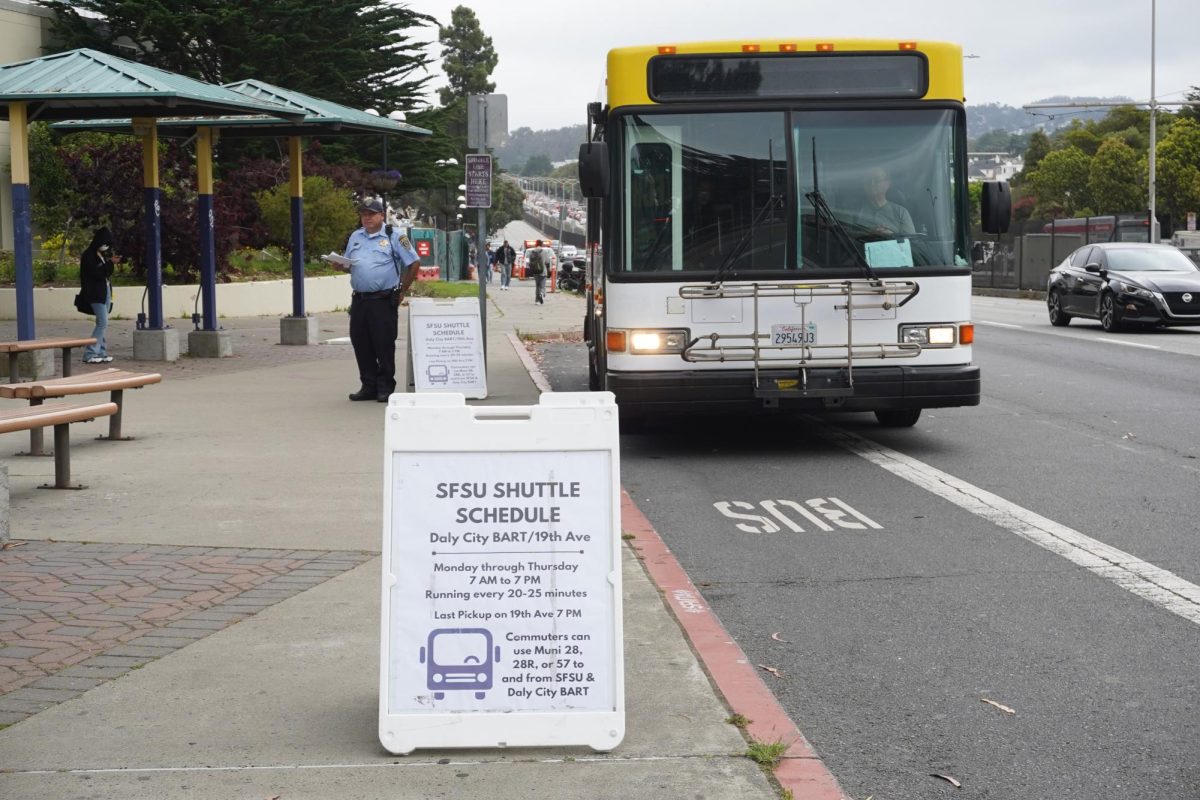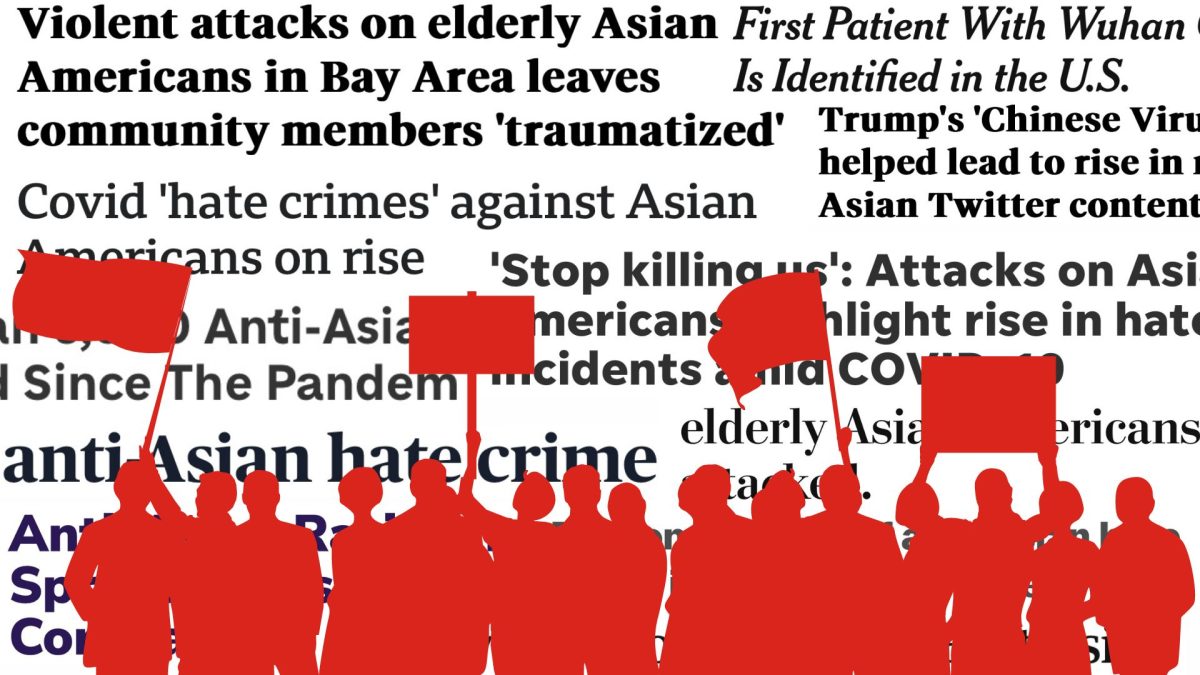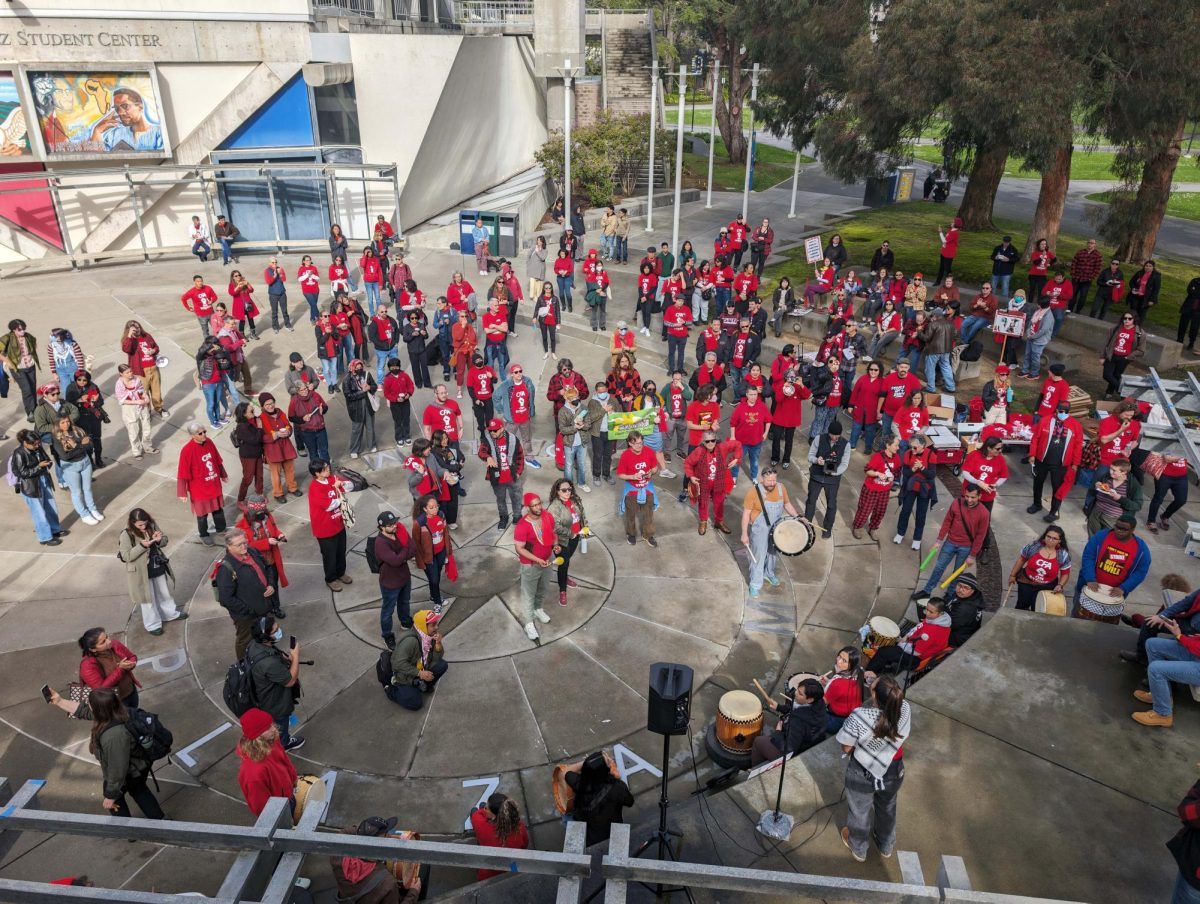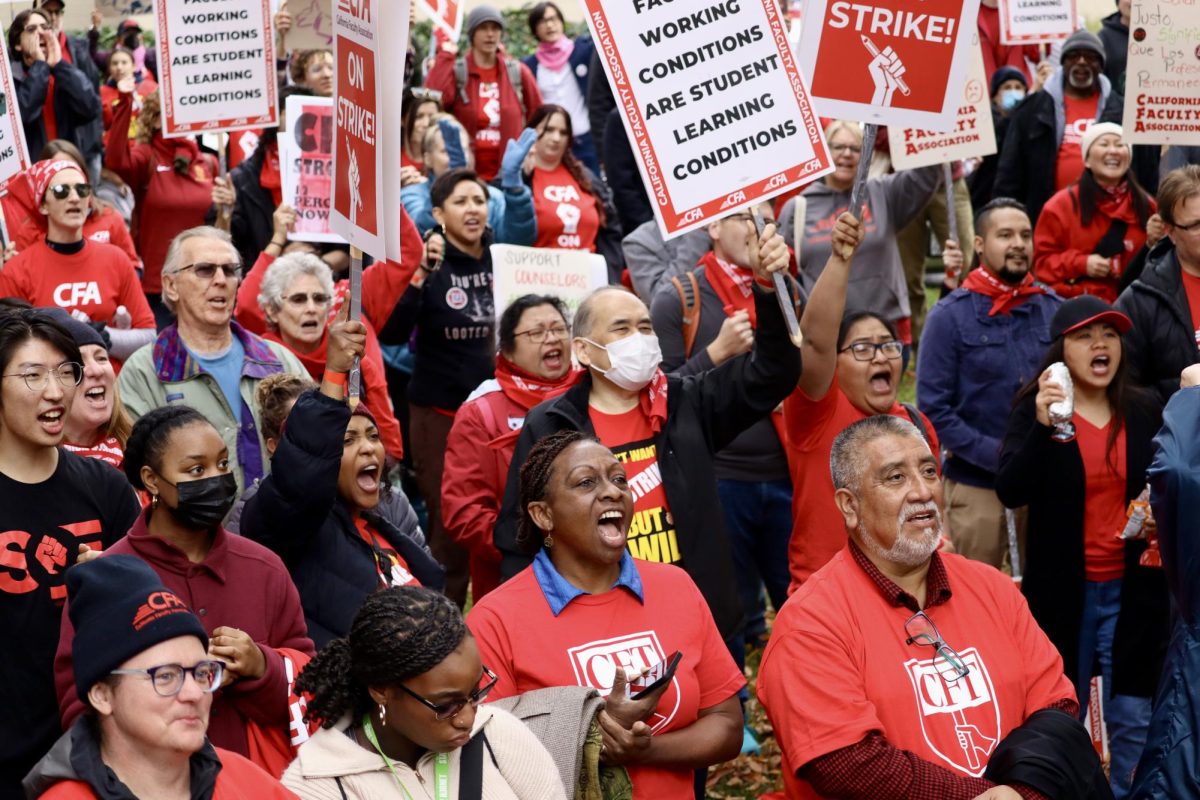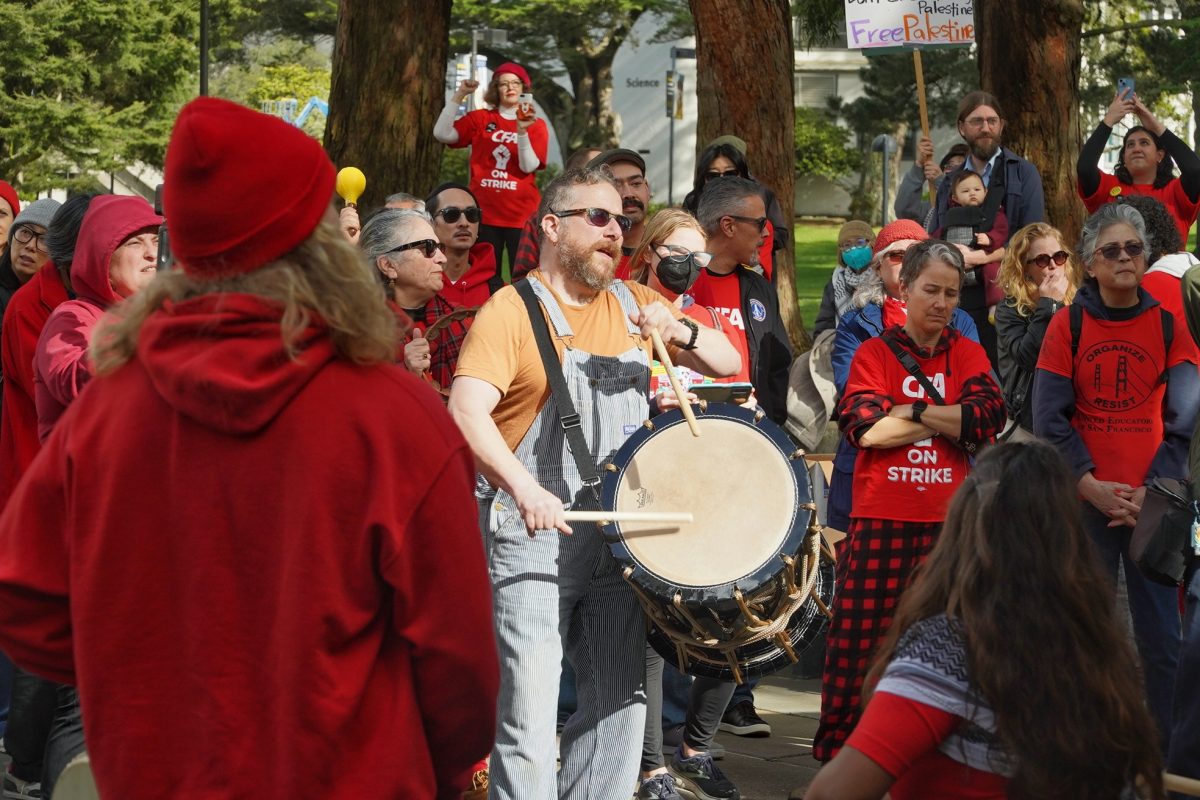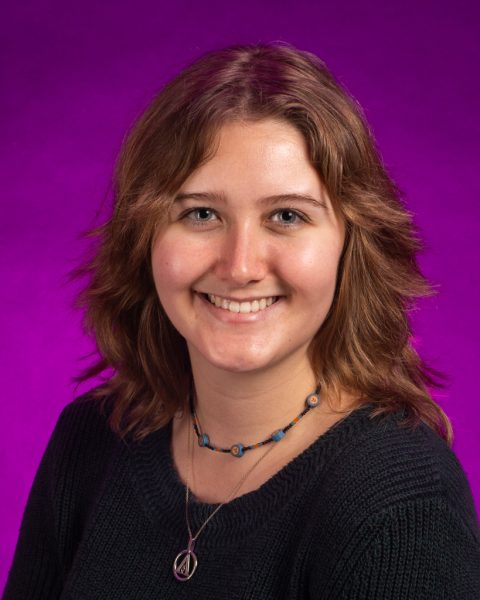Confusion gripped rank-and-file members of the California Faculty Association after the announcement of a tentative agreement on Jan. 22, leaving many uncertain about its implications and legal intricacies. In response, the CFA organized a series of town halls from Jan. 31 to Feb. 8 to offer clarity and address faculty questions.
Members are slated to vote on the agreement’s ratification from Feb. 12-18, with voting concluding at 5 p.m. on the final day.
CFA Communications Chair Marie Drennan is an associate professor of Broadcast Electronic Communication Arts and attended two of these statewide town hall meetings.
“People are venting a lot of anger and a sense of betrayal that the strike was called off so suddenly. There are strong feelings. Of course, people are also really trying to set that aside,” Drennan said. “We really need to be practical and conscientious about making sure we really understand what the TA says, and especially to do the math.”
One of the questions raised was about the pay raise. According to Drennan, some lecture faculty made calculations and found that their pay raise would be about $40-60. Pay ranges A and B are the lowest paying ranges for lecturers and ranges C and D are the highest paying ranges, which is part of why they were not listed on the tentative agreement.
“Raising the floor for A and B does nothing for the other[s] and causes compression,” Drennan said. “So you get the situation where faculty who are at the lower part of range C are going to be making less than people who are now at the top of range B.”
While compensation is not the sole focus of the TA, Drennan’s primary counsel to CFA members preparing to vote on its ratification to comprehend its contents thoroughly .
“It’s a lot to get one’s head around and there is a lot to consider, so whichever way people vote, the most important thing is that everyone really reads the TA carefully,” Drennan said. “Think about the full implications of a yes or no.”
Ron Hayduk is a professor of political science at San Francisco State University and attended the town hall meetings to learn more about the TA and said he was feeling “perplexed.”
“Part of why I wanted to go there is to hear what the leadership had to say about why they settled so fast and for what felt like a lot less than what we were asking and what they said themselves, just weeks before, was an insult,” Hayduk said. “They called it insulting that the CSU would only offer 5%. We got some other things, especially for lectures, which is important, but even there was much less than what we were asking for.”
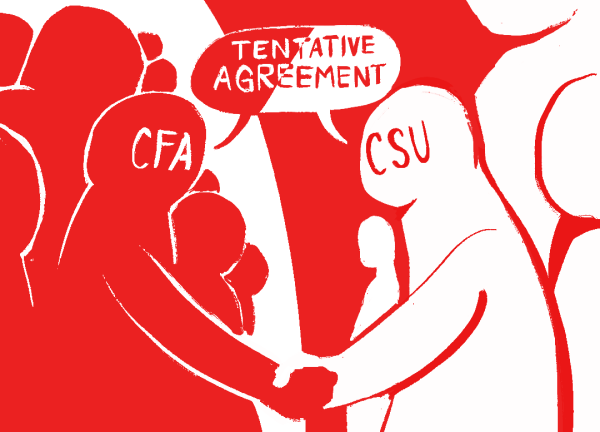
Hayduk will be voting no on the tentative agreement. Still he feels that the attention received for the CFA has already built something stronger within themselves, students and labor organizations — regardless of whether the TA is ratified or not.
“All the organizing, especially that manifested at San Francisco, was so energizing, so inspiring, so powerful,” Hayduk said. “I think that all of this leading up to the strike and the actual strike is going to bode well for increasing our collective capacity to shape the conditions of our lives and our work, which are the conditions of student learning,”
John Beynon is the CFA chapter president at Fresno State University. Beynon feels that the CFA Board of Directors did a great job presenting the TA to the town hall members with straightforward facts.
“Yes, there were some folks who were — I don’t know that I would call them so much angry — I think disillusioned, disappointed, confused,” Beynon said. “Those were some of the emotions I felt from folks who, if you were to characterize those as negative emotions toward the tentative agreement.”
The town hall attended by Beynon saw numerous inquiries centering on salary increments, the exclusion of other articles, and the origin and acceptance of how the tentative agreement came to be.
“From my perspective, the Board of Directors were honest with the members in terms of how they came up with the decision to accept the tentative agreement, why they felt that Monday night was the right time to strike the deal and to call the strike off,” Beynon said.
Beynon held a town hall at Fresno State to gauge the sentiment on his campus following the statewide event. Primarily informative, the local gathering focused on breaking down details about the TA. Beynon said his objective is to reassure members statewide that the Board of Directors advocates for the common good and equity in negotiations.
“Those of us at the top of the salary scale are not going to see big jumps in pay,” Beynon said. “Sometimes people get hung up on the percentages. ‘Why are they getting 20%? I’m only getting 10%.’ It’s like, well, when you look at the real dollars, you’re still getting more money.”
While Beynon said he cannot predict the result of the TA vote, he would be surprised to see it fail at his campus.
“ I think that difference in dissent is a good thing. I completely respect my colleagues on other campuses who feel that they’re going to vote no. I don’t think they’re misinformed, and I don’t think they’re acting out of a place of malice,” Beynon said. “ the conversations we’re having and the vote that’s going to take place next week is a sign of a kind of growing pain that I find very productive. ”
Dr. Aparna Sinha is an associate professor of composition & rhetoric at Maritime Academy and the CFA chapter president on campus. Despite hearing occasional dissatisfactions about the agreement, Sinha estimates that her campus will most likely vote to ratify the TA, with 80-90% of members voting in favor.
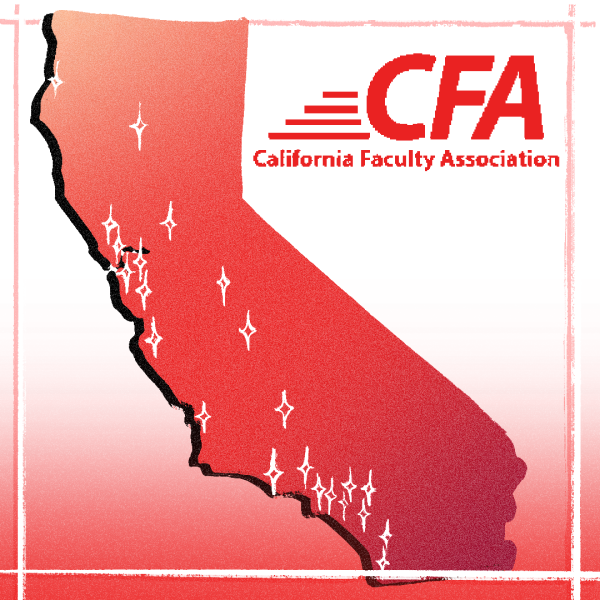
“They feel that it’s so much better than what the Chancellor’s office was going to give us,” Sinha said. “They feel that all the social justice asks have been given. Out of the six to seven things that we were asking, we’re getting six things. And of course the faculty salary, the general salary increase that faculty were expecting of 12%, we’re not getting. And we’re getting five and five — we’re getting 10%.”
Dr. La Tanya Skiffer is the CFA chapter president at California State University Dominguez Hills. While Skiffer cannot be sure until the votes are in, she is confident that her faculty wants the TA and all it comes with.
“There was a lot of doubt among management that we could actually shut down the 23 campuses and we did and we knew we would,” Skiffer said. “I was shocked that they didn’t think we could and students obviously are a big part of that because there’s solidarity there. Just like with the student fee increase that we are still pushing back on.”
With the momentum gained from demonstrations across the state, many members of the CFA wanted to continue the week-long strike. When the Board of Directors met with the CSU bargaining team, the lack of transparency made people uneasy.
“A lot of people wanted to continue to strike and the Board of Directors are the ones by our bylaws that call the strike and that also end the strike,” Skiffer said. “The way that it happened — people weren’t comfortable with it.”
Skiffer woke up at 3 a.m. to be on her campus and help set up the striking points. Throughout her Thanksgiving and Christmas breaks, she arranged the different aspects of the strike to ensure its execution at Dominguez Hills’s campus.
“I was happy to continue striking too,” Skiffer said. “I could go either way. If you guys want to keep going, great. If you wanna stop, but I definitely understand the fatigue that at least I was feeling and having 10.25%. If you think about the win-lose, I don’t think it would have been fair to many of our most vulnerable members to continue a strike for 1.75%.”




